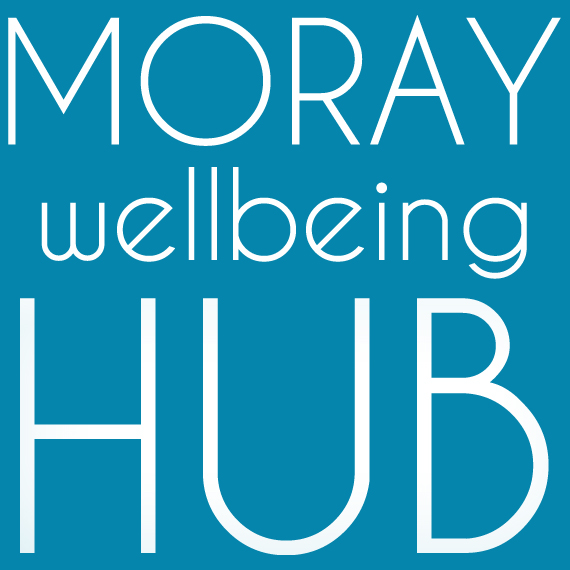I participated in the above event. This and others that have taken place elsewhere in Scotland will help shape our national strategy around suicide in the years ahead. Quite properly most participants had direct experience of suicide, either through loss of someone close, or their own thoughts and behaviours. A few others were connected in some way through work.
My connection was a bit of both. For many years I’ve delivered courses and workshops about, e.g., ‘Stress’ and Resilience, Mental Health at Work, Self-harm awareness and Suicide Awareness and Intervention. I have also known close colleagues who have ended their lives. Others have experienced thoughts of suicide.
From our discussion, what I found most encouraging was the consensus that we do not (just) need ‘more services’. Instead, there was a shared view that communities and their members can do more, and want to do more. Many, perhaps most, would want to help directly individuals in distress or crisis who are having thoughts or intentions around suicide. ‘Communities’ had various meanings. For me, workplaces or workgroups are very relevant. We also spoke about schools and colleges; clubs and venues; and, yes, places – a street, village, town.
However, people need reassurance that they don’t have to be ‘qualified experts’. Sure, a little training can help and should continue to be a part of our strategies. But the most relevant qualifications are probably a readiness to respect and value all lives, and some hopeful compassion.
Perhaps people are also anxious that inviting discussion about distress or suicide involves a long-term responsibility for the person’s life and challenges. And perhaps in a family or other relationships, such a responsibility is felt. But maybe people need to know that compassionately engaging with a person-at-risk can be a one-time, positive and hopeful act.
We would want to ensure that equipping, empowering and supporting community members to help each other should not become a justification for reducing services. Instead, if we are all more able to recognise distress, be hopeful about recovery and respond helpfully and earlier, then services can do more for those who need them.
While short-sighted cutbacks should be avoided, we would surely want our services to keep practices, structures, access and eligibility, etc under regular review so that provision adapts to the changing need. And, yes, creative partnerships (of which MWH is surely a good example) should be encouraged and supported.
Martin, January 2018






